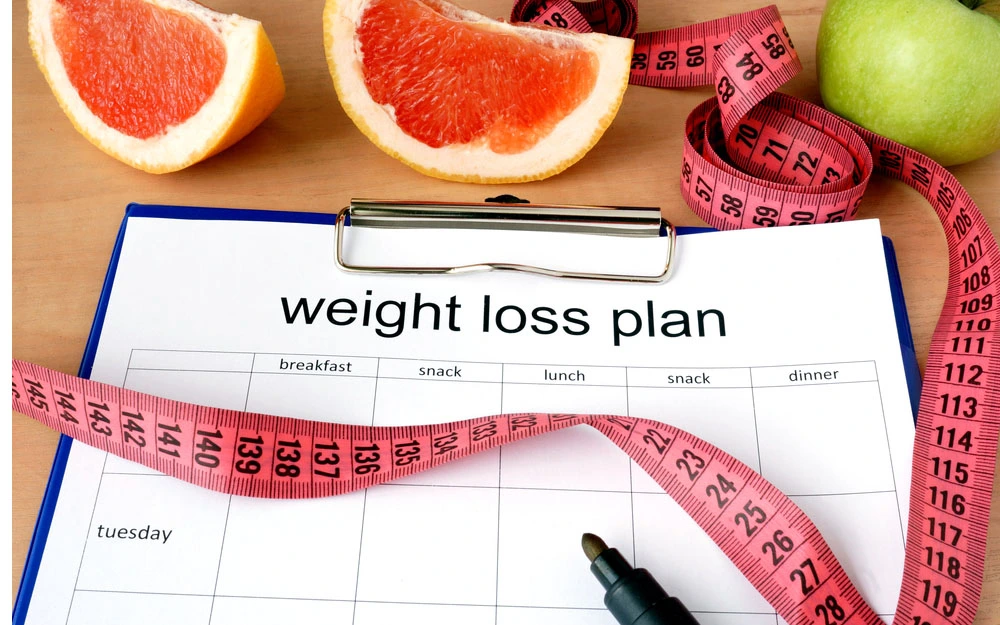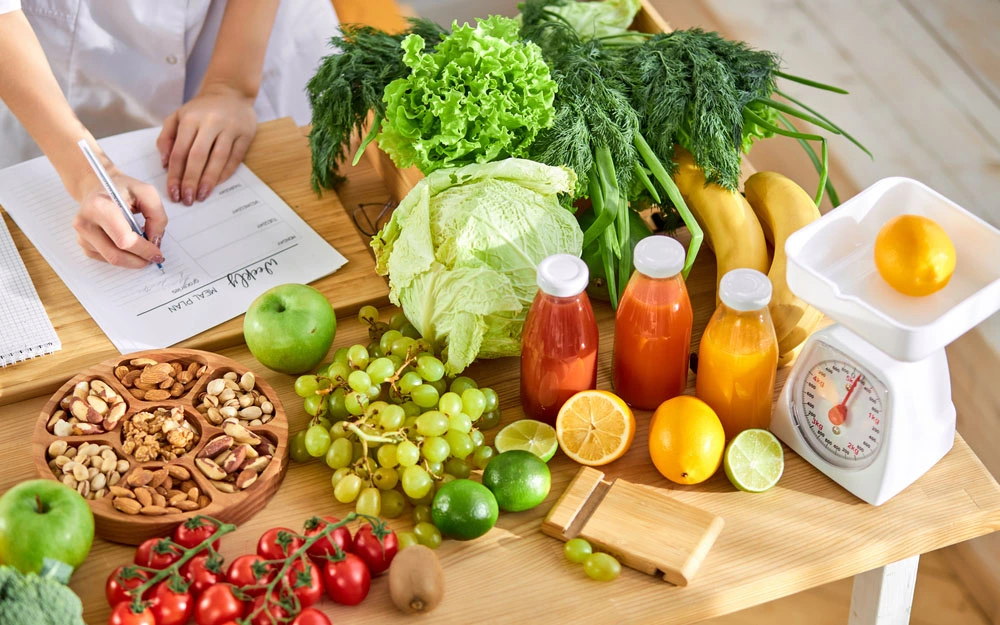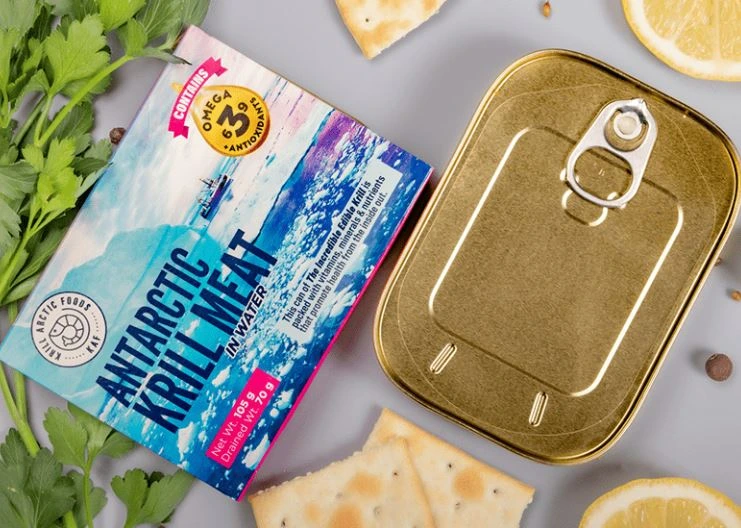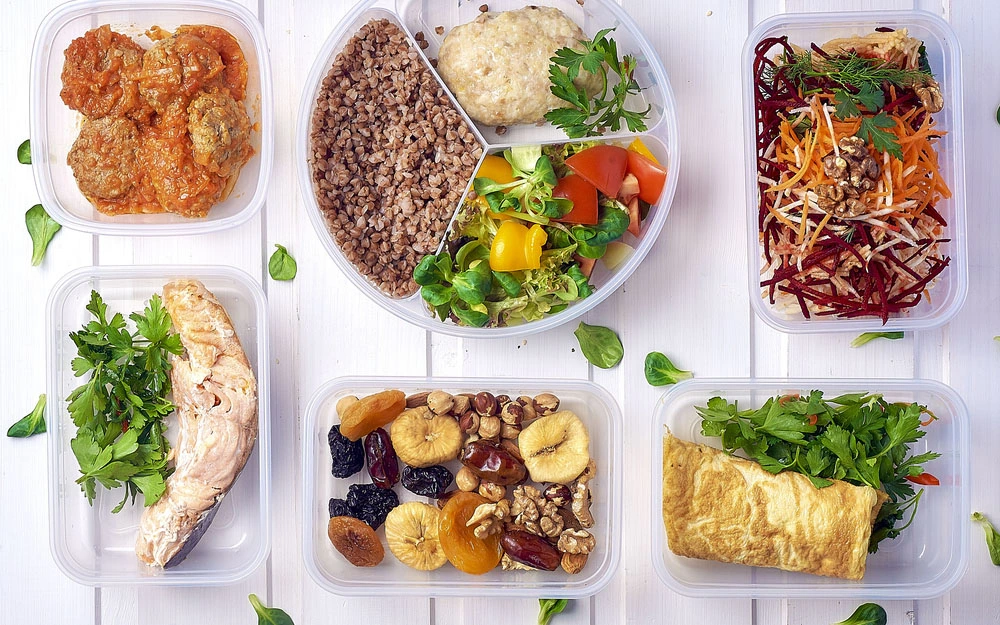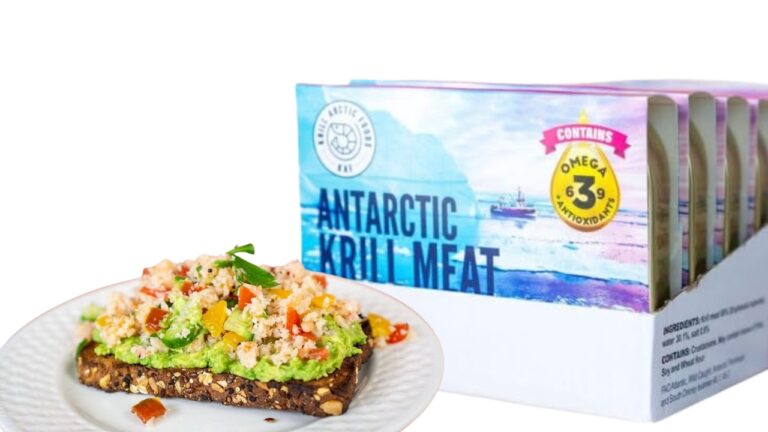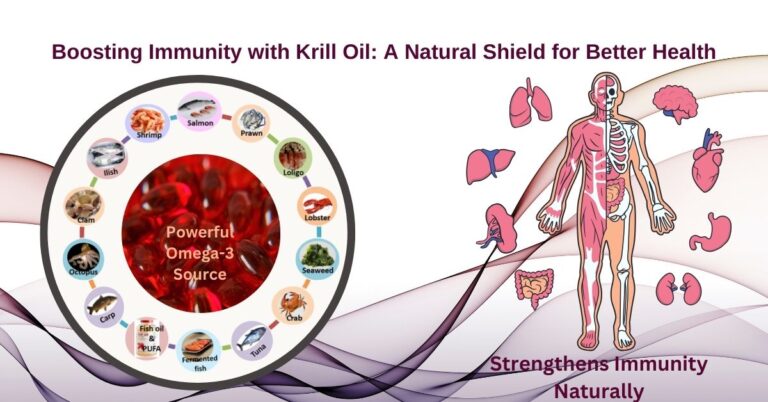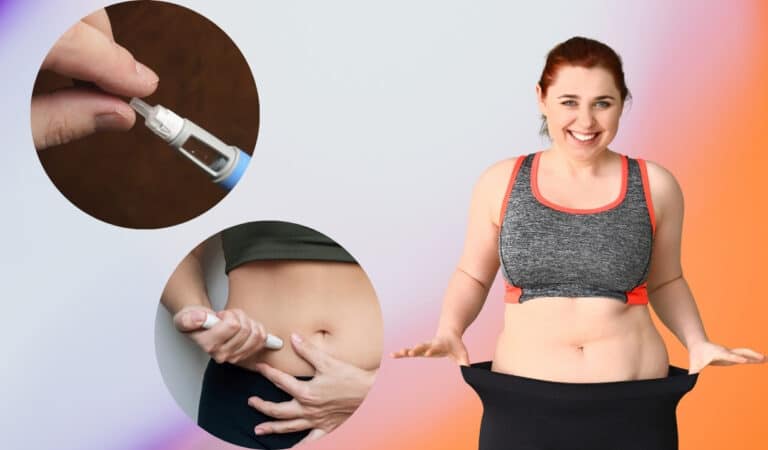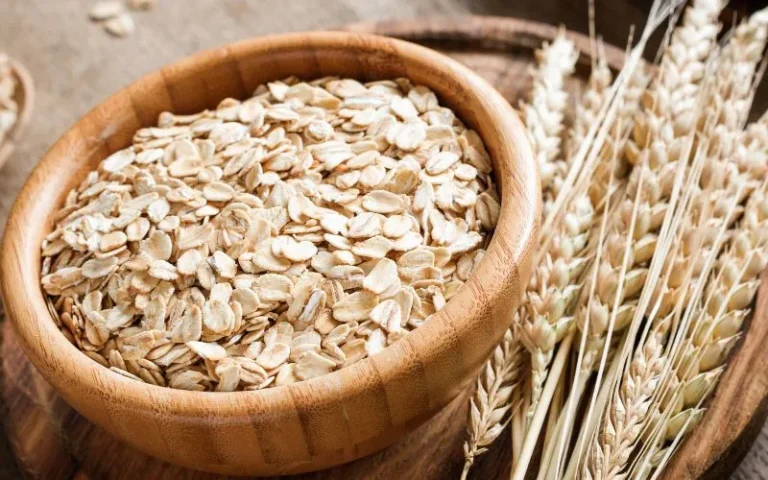Embarking on a weight loss journey involves understanding two key elements: the optimal calorie intake for weight loss and a nutritious, balanced diet plan that supports your goals. This comprehensive guide combines insights on determining the right calorie deficit for weight loss with a detailed 7-day diet plan incorporating krill meat. This nutrient-rich food supports a healthy weight loss regimen.
Calorie Intake For Weight Loss
For a lose-weight diet plan, you must take fewer calories than your body expends, creating a calorie deficit. A deficit of 500 to 1,000 calories per day is generally recommended, aiming for a safe and sustainable weight loss rate of about 1 to 2 pounds per week. However, individual calorie needs vary based on several factors, including age, sex, weight, height, and activity level.
Calculating Your Calorie Needs
Calculating the calories your body needs to maintain a healthy and balanced diet is important. This calculation considers your age, gender, weight, height, and activity level. Determining your calorie needs ensures you consume the appropriate amount of food and avoid overeating or undereating.
Basal Metabolic Rate (BMR)
Calculate your BMR, the number of calories your body needs at rest to maintain life-sustaining functions. The Harris-Benedict equation is a commonly used formula for this calculation.
Activity Level Adjustment
Multiply your BMR by an activity factor to estimate your maintenance calories, considering your daily activity level.
Creating a Deficit
To lose weight struggle, you should eat fewer calories than your body needs to function. To find out how many calories you need, subtract 500 to 1,000 from the number of calories your body needs to maintain its current weight. For women, it’s important to eat at least 1,200 calories per day, and for men, it’s important to eat at least 1,500 calories per day. It’s recommended to consult a doctor before eating fewer calories than this.
Here’s an example of a passive 35-year-old woman who is 5’5″ (165 cm) tall and weighs 160 pounds (72.5 kg):
- BMR calculation (using the Harris-Benedict equation): BMR=655+(9.6×weightinkg)+(1.8×heightincm)−(4.7×ageinyears)
- BMR=655+(9.6×72.5)+(1.8×165)−(4.7×35)
- BMR≈655+696+297−164.5
- BMR≈1483.5 calories/day
Assuming she is sedentary, her maintenance calories (BMR x activity factor) would be 1483.5×1.2=1780.21483.5×1.2=1780.2 calories/day. To lose weight, she should aim for a daily intake of between 780 and 1280 calories. However, consuming less than 1200 calories per day for women (or 1500 for men) is generally not recommended without medical supervision, as it can be difficult to meet your nutritional needs. Adjustments may be necessary to ensure a balanced diet and sufficient nutrient intake.
A 7-Day Diet Plan For Weight Loss With Krill Meat
Integrating krill recipes into your diet can significantly enhance your weight loss efforts due to its high levels of protein, omega-3 fatty acids, and antioxidants. Below is a structured 7-day diet plan designed to support weight loss, with an approximate intake of 1,500 calories per day, which can be adjusted based on your calculated calorie needs.
Day 1: Introduction to Krill
- Breakfast: Green smoothie (350 calories)
- Lunch: Grilled krill salad (400 calories)
- Dinner: Krill skewers with steamed broccoli and quinoa (650 calories)
Benefits
- Green Smoothie: A nutrient-dense start that provides vitamins and minerals from greens and antioxidants from berries, promoting overall health and well-being.
- Grilled Krill Salad: Offers a high dose of omega-3 fatty acids from krill, improving heart health and reducing inflammation.
- Krill Skewers with Steamed Broccoli and Quinoa: A meal rich in high-quality protein, fiber, and essential nutrients, supporting muscle health, digestion, and energy levels.
Day 2: Omega-3 Boost
- Breakfast: Oatmeal with chia seeds and krill oil (300 calories)
- Lunch: Krill meat wrap (450 calories)
- Dinner: Stir-fried vegetables with krill (650 calories)
Benefits
- Oatmeal with Chia Seeds and Krill Oil: Provides a hearty dose of omega-3s, fiber, and protein, supporting heart health, digestive health, and satiety.
- Krill Meat Wrap: Combines lean protein with whole grains and vegetables, offering a balanced meal that supports weight management and provides sustained energy.
- Stir-Fried Vegetables with Krill: A nutrient-packed dinner with various vitamins and minerals from vegetables and the lean protein of krill, promoting overall health and immune function.
Day 3: Protein-Packed Day
- Breakfast: Krill and avocado toast (350 calories)
- Lunch: Quinoa and krill salad (450 calories)
- Dinner: Krill meatballs with zucchini noodles (600 calories)
Benefits
- Krill and Avocado Toast: This toast offers healthy fats from avocado and high-quality protein from krill, supporting cardiovascular health and muscle repair.
- Quinoa and Krill Salad: A protein-rich meal that provides good fiber and essential amino acids, aiding muscle health and digestion.
- Krill Meatballs with Zucchini Noodles: A lower-carb option high in protein and nutrients, supporting weight loss and providing a healthy alternative to traditional pasta.
Day 4: Antioxidant-Rich Meals
- Breakfast: Greek yogurt with berries and krill oil (350 calories)
- Lunch: Beetroot and krill salad (400 calories)
- Dinner: Baked krill with asparagus and sweet potato mash (650 calories)
Benefits
- Greek yogurt with Berries and Krill Oil: Delivers probiotics, antioxidants, and omega-3s, supporting digestive health and immune function and reducing inflammation.
- Beetroot and Krill Salad: High in antioxidants and nitric oxide, offering cardiovascular benefits and improving endurance.
- Baked Krill with Asparagus and Sweet Potato Mash: A meal rich in dietary fiber, antioxidants, and healthy carbohydrates, promoting digestive health, immune support, and energy levels.
Day 5: Fiber Focus
- Breakfast: Kale and apple smoothie bowl (350 calories)
- Lunch: Lentil soup with krill (450 calories)
- Dinner: Krill and vegetable stir-fry with brown rice (600 calories)
Benefits
- Kale and Apple Smoothie Bowl: Packed with dietary fiber and antioxidants, aiding digestion and providing detoxifying benefits.
- Lentil Soup with Krill: Offers a high-fiber meal that supports heart health stable blood sugar levels, and provides a good source of plant-based protein.
- Krill and Vegetable Stir-Fry with Brown Rice: A balanced meal offering fiber, whole grains, and lean protein, supporting digestive health and providing steady energy.
Day 6: Healthy Fats
- Breakfast: Scrambled eggs with krill and avocado (400 calories)
- Lunch: Tuna and krill salad (450 calories)
- Dinner: Grilled krill with roasted Brussels sprouts (550 calories)
Benefits
- Scrambled Eggs with Krill and Avocado: A great source of healthy fats, omega-3s, and high-quality protein, supporting brain health, cardiovascular health, and satiety.
- Tuna and Krill Salad: Rich in omega-3 fatty acids, aiding in reducing inflammation and supporting heart health.
- Grilled Krill with Roasted Brussels Sprouts: Offers a combination of healthy fats, antioxidants, and fibre, promoting heart health and weight loss.
Day 7: Light and Refreshing
- Breakfast: Green detox smoothie (300 calories)
- Lunch: Krill ceviche (450 calories)
- Dinner: Herb-crusted krill with mixed green salad (650 calories)
Benefits
- Green Detox Smoothie: A refreshing start with detoxifying greens and fruits, providing vitamins, minerals, and hydration.
- Krill Ceviche: A light and lean protein source low in calories but high in essential nutrients, supporting muscle health and metabolism.
- Herb-Crusted Krill with Mixed Green Salad: A nutrient-dense meal that’s light yet satisfying, offering a good balance of protein, fibre, and essential nutrients, aiding digestion and overall vitality.
Tips for Success
- Hydration: Drink plenty of water throughout the day.
- Exercise: Incorporate regular physical activity to enhance weight loss.
- Listen to Your Body: Adjust meal portions and calorie intake as needed.
- Nutrient-rich foods: Focus on whole, unprocessed foods for balanced nutrition.
Conclusion
Achieving weight loss is balancing consuming the right amount of calories and ensuring those calories come from nutrient-rich sources. By understanding how to calculate your calorie needs and following a balanced diet plan, such as the one featuring krill meat, you can set yourself on a path to successful weight loss. Consistency and patience are key; consulting with healthcare professionals can provide personalized guidance tailored to your needs.

